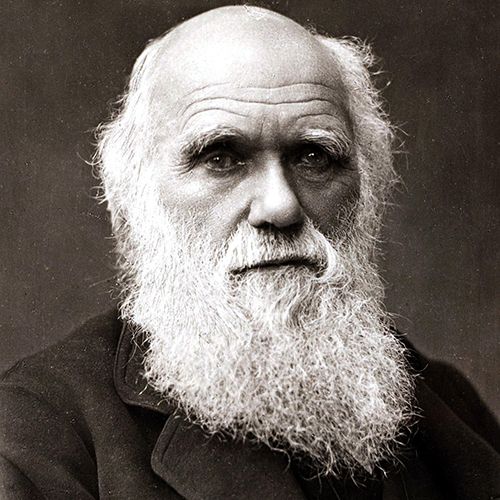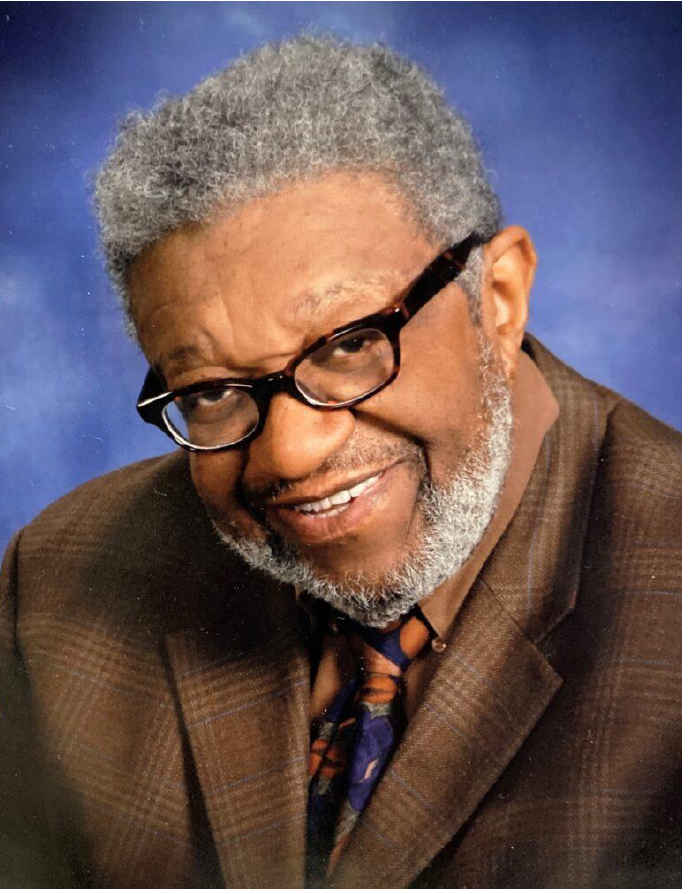Unitarian Rev. Samuel Joseph May – education, women’s rights, and abolition of slavery.
Aligning the efforts and successes of past Unitarian leaders with our efforts today, provides inspiration and lessons for each of us.
Aligning the efforts and successes of past Unitarian leaders with our efforts today, provides inspiration and lessons for each of us.
Today, Feb. 12, marks the 215 anniversary of the birth of Charles Darwin.- 1809 – 19 April 1882
I celebrate this day because of the tremendous, work, insight and ethical wisdom of this great British scientist. His discovery of evolutionary theory first published in the Origin of Species in 1859 solved many problems for his contemporaries. In addition it blazed a path of discovery for all of us immersed in the interdependent web of life.
Prior to Darwin, it was hardly conceivable to image life on Earth without the omnipotent hand of a divine being to which Creation could be ascribed. Scientists then, as today, find inspiration, wonder and awe at the interdependent complexities of life on Earth. But how could a system of such complexity have arisen without a Creator?
Thus, it wasn’t logical nor technically (much less politically) possible to be atheist. Someone, or something, must have been the original creator of such a complex system. This quandary led to the rise to Deism, a belief that there was/is a Creator, but that Creator is either too busy or unwilling to interfere in human and indeed all earthly activities. Thus, petitionary prayers or adorations are both unnecessary and unfruitful.
However, with the understanding that over very long periods of time, natural selection, fuelled by environmental change, epigenetic forces and the survival of the fittest led to the evolution of life from single celled organisms to all living things on earth today.
Darwin’s insights did not come from a single eureka moment, but rather evolved through his research, study and correspondence. He did not publish the Origin of Species until 1836 – 23 years after returning from his five year fact gathering excursions in the Southern hemisphere. There are likely many reasons for his delay in publication. But one of these was his insight that accepting life on earth as a product of evolution and not a theist creation would be profoundly disruptive. Those who would find this challenging included his church-going wife and many in the rural community in which he lived. I think Darwin had no great desire to undermine anyone’s faith – a characteristic of Unitarians to this day. He wrote “though I am a strong advocate for free thought on all subjects, yet it appears to me (whether rightly or wrongly) that direct arguments against Christianity & theism produce hardly any effect on the public; … It has, therefore, been always my object to avoid writing on religion, & I have confined myself to science. I may, however, have been unduly biased by the pain which it would give some members of my family, if I aided in any way direct attacks on religion.”
Darwin was able to change the deepest understandings of the nature of life but not through revelation, prayer or mysticism. Only through science, study and contemplation can we be “brought somewhat near to that great fact—that mystery of mysteries—the first appearance of new beings on this earth.” —Charles Darwin, Journal of Researches, 1845
Darwin bravely shared in 1859 an enlightening but challenging truth that many object to – even in 2024.
Happy Birthday and thanks, Charles!


Many in the Unitarian community will have heard of and been inspired by the tireless fight for racial harmony led by the Rev. Finley Campbell. In this tribute (reprinted here from the January 2024 Liberal Beacon, Unitarian activist Dick Burkhart shares his memories of the late Dr. Finley Campbell.
I was at a plenary session of the 2017 General Assembly of the UUA in New Orleans when Finley Campbell got up to speak in protest against how former UUA President Rev. Peter Morales had been treated by the UUA Board and others in leadership after a so-called “hiring controversy”.
I too had great respect for Peter Morales from my years of justice advocacy with UUs for a Just Economic Community, and I was trying to figure out what the hell had happened and why. So when this principled black man of obvious courage spoke, defying attempts by the Moderator to shut him up, I took notice.
At the conclusion of his short speech, Finley invited attendees to join him that evening to ride with him on a New Orleans streetcar. Why? I wondered, but I was intrigued, so I took him up on that offer. Turned out that I was the only newcomer to his little group, showing that the resignation of Rev Morales wasn’t actually about the claims of racism in the hiring process, but that a powerful and ruthless faction had captured the UUA, a faction that few dared to question.
In fact, this was my first exposure to cancel culture. It turned out that Finley’s streetcar ride was just to demonstrate how much progress there had been on racial issues since the Civil Rights era of the 1960s. Namely, the streetcar was integrated – the era of Jim Crow segregation was long past, contrary to the astounding claims of this faction that little or no progress had been made. After that ride, we all went out to dinner together. That’s when Finley explained the divisions in the black leadership and I decided to join his team,
I read book after book, learning that Finley’s “multiracial unity” was deeply grounded in our UU principles, whereas the faction in power was strong, but stealthy, hiding its anti-UU ideology. Finley had not studied Critical Race Theory, but he had this faction all figured out, particularly the anti-white dogma at the heart of its supposed anti-racism.
Finley’s great strength was his eagerness to find common ground with others and to organize to defend our UU principles. He became a beacon for those had been cancelled or oppressed by what today are called woke ideologies, such as the neo-racism that was his focus.
Finley described himself as a Marxist/Christian UU, but he was fine with non-Marxists and non-Christians, showing what is today a rare strength of character. As such he became a mentor to me and many others.
We will carry forward his mission to all humanity in a time of increasing societal turmoil, propelled by escalating inequality nationally and by the surging forces of ecological and civilization collapse globally. May Finley Campbell not rest-in-peace but forever in the uplifting activism for the beloved community that he so cherished.
Rev. Kate Rhode has successfully launched her lawsuit against the UUA. In the suit she charges that the UUA unlawfully disfellowshipped her and thus eliminated her pension. This follows a distinguished career as a UU minister. She served many congregations over 40 years of successful UU ministry.
Rev. Rhode has launched a GoFund Me page entitled “Make the UUA Responsible” at which she has (to date) raised over $27,000 on a goal of raising $48,000 for her legal expenses.
At the GoFundMe site she writes
“Recently, here in the U.S., the Unitarian Universalist Association has been captured by ideologues who hold power, silence and even punish dissent, and undermine democratic processes. They have captured ministerial certification and education, have done away with due process, and have surrounded what they are doing with such secrecy that the majority of church members are entirely unaware of what has happened to their formerly liberal faith. The Unitarian Universalist leaders and some laity are admonishing, censuring, and even expelling ministers and members who have run afoul of current orthodoxies.”
We hope her suit is successful and reminds UU leadership that criticism and debate are critical components of a liberal religion and not actions to be silenced.
You are encouraged to support Rev. Rhode financially and by sharing this website with other concerned Unitarians.

In this NAUA Academy Session, Rev. Dr. Todd F. Eklof discusses the origins and characteristics of liberalism in the Renaissance and Enlightenment periods, how liberalism manifested as Unitarianism in Eastern Europe and, later, in the United States, He goes on to explain why it remains essential to human progress in today’s world.
The CBC Ideas program provides a daily broadcast and podcast on current and often academic topics. This podcast and text will be of interest to Unitarians who are trying to understand the rise, and demise of religion from an historical perspective. In this podcast and the text version, Dr Molly Worthen provides a a very compelling narrative focussing on religious charism and leadership.
The lecture was given in Canada and to serve her audience, Dr Worthen highlights differences in the religious experience and history of Canada. This will be of special interest to American NAUA members and helps all of us better understand our shared history and current perspectives.
The podcast lecture concludes with an interesting question and answer session. This is one not be missed!